Enabling 5G success through supply chain transformation


IN ASSOCIATION WITH:





IN ASSOCIATION WITH:



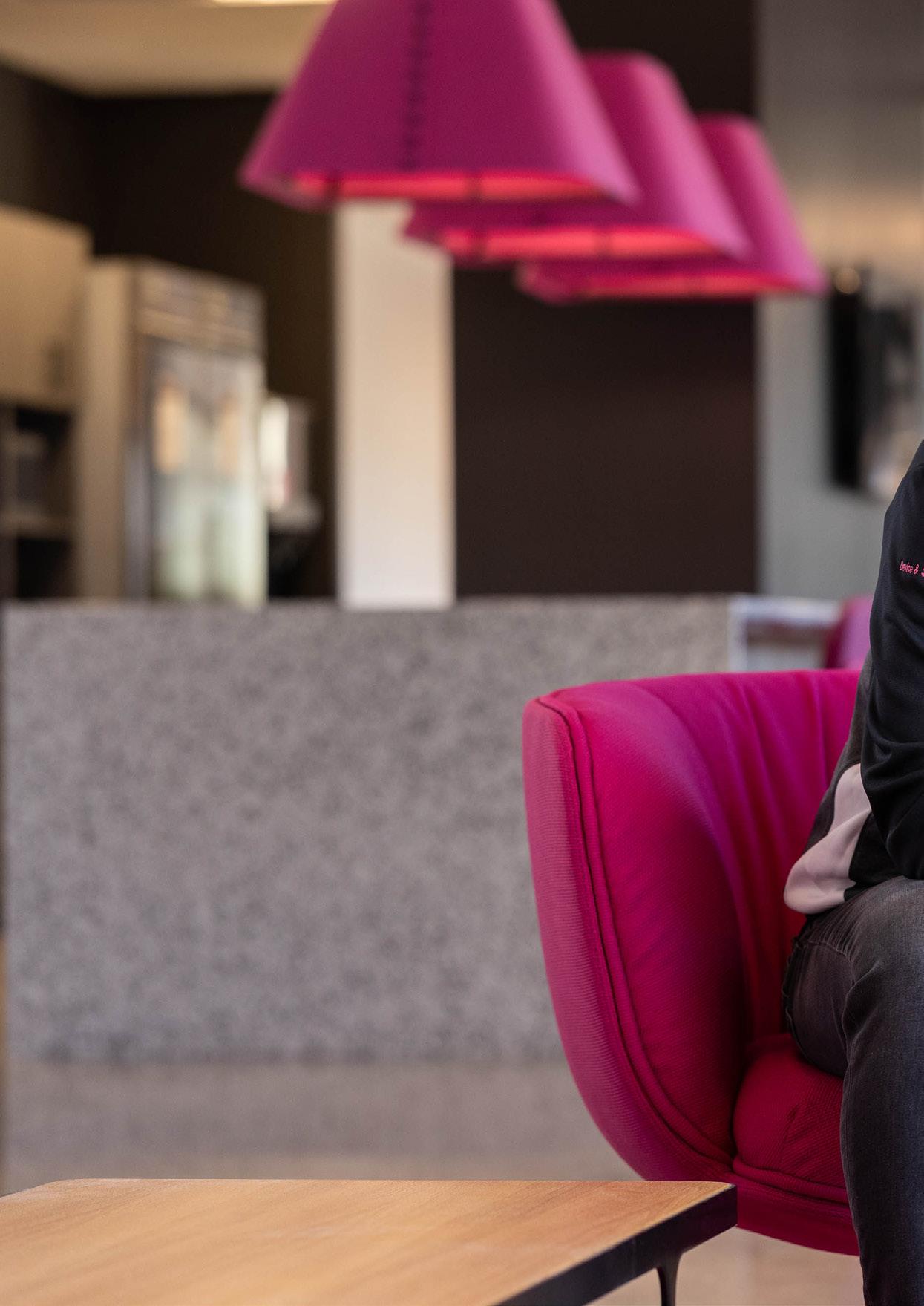
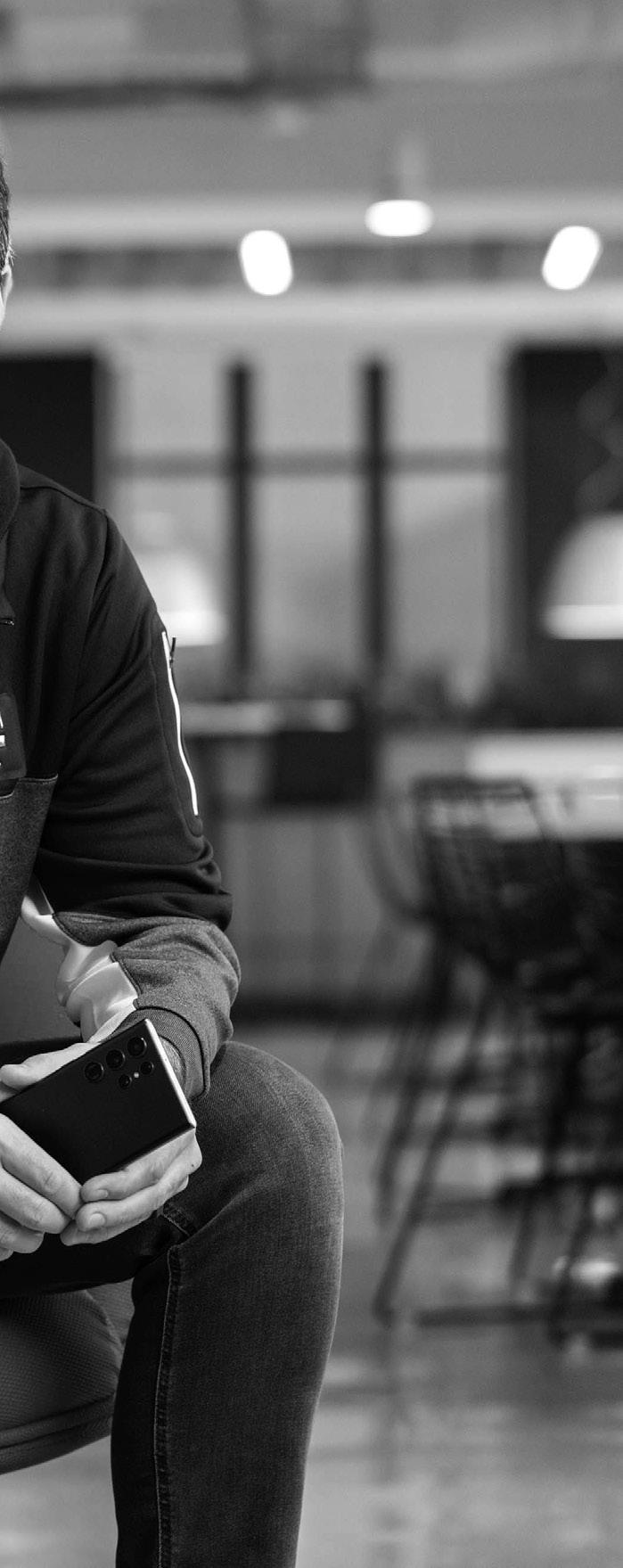

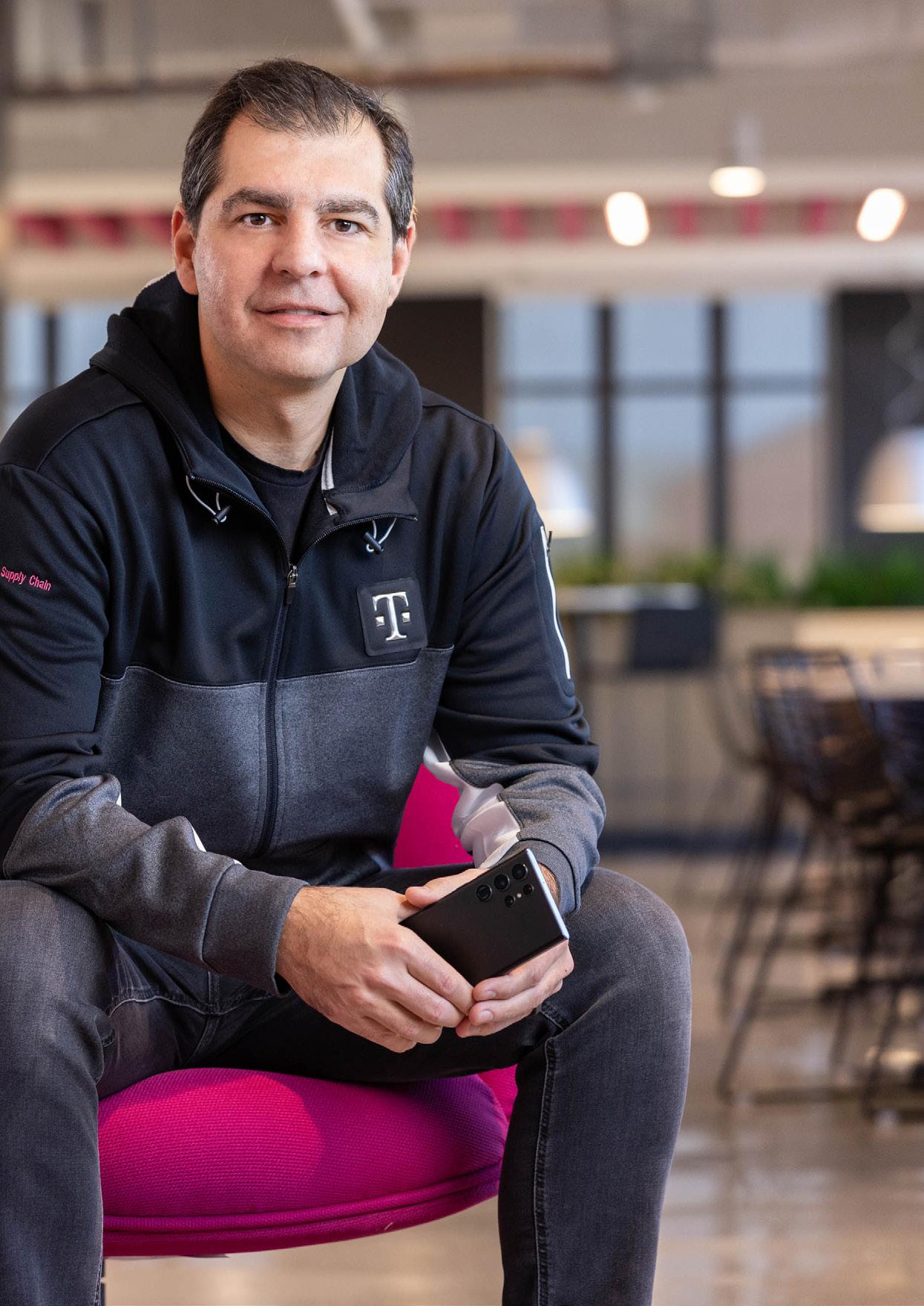
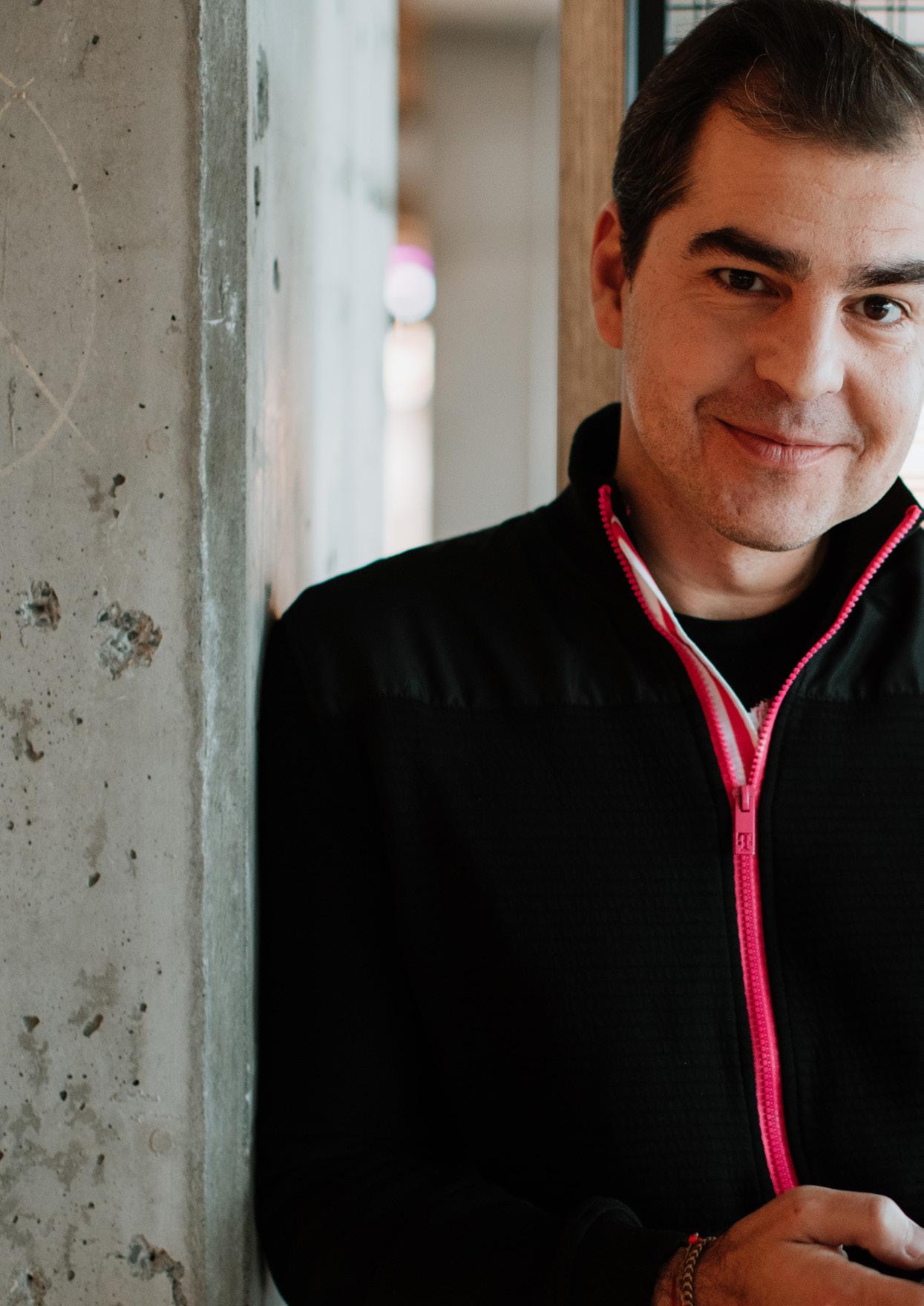
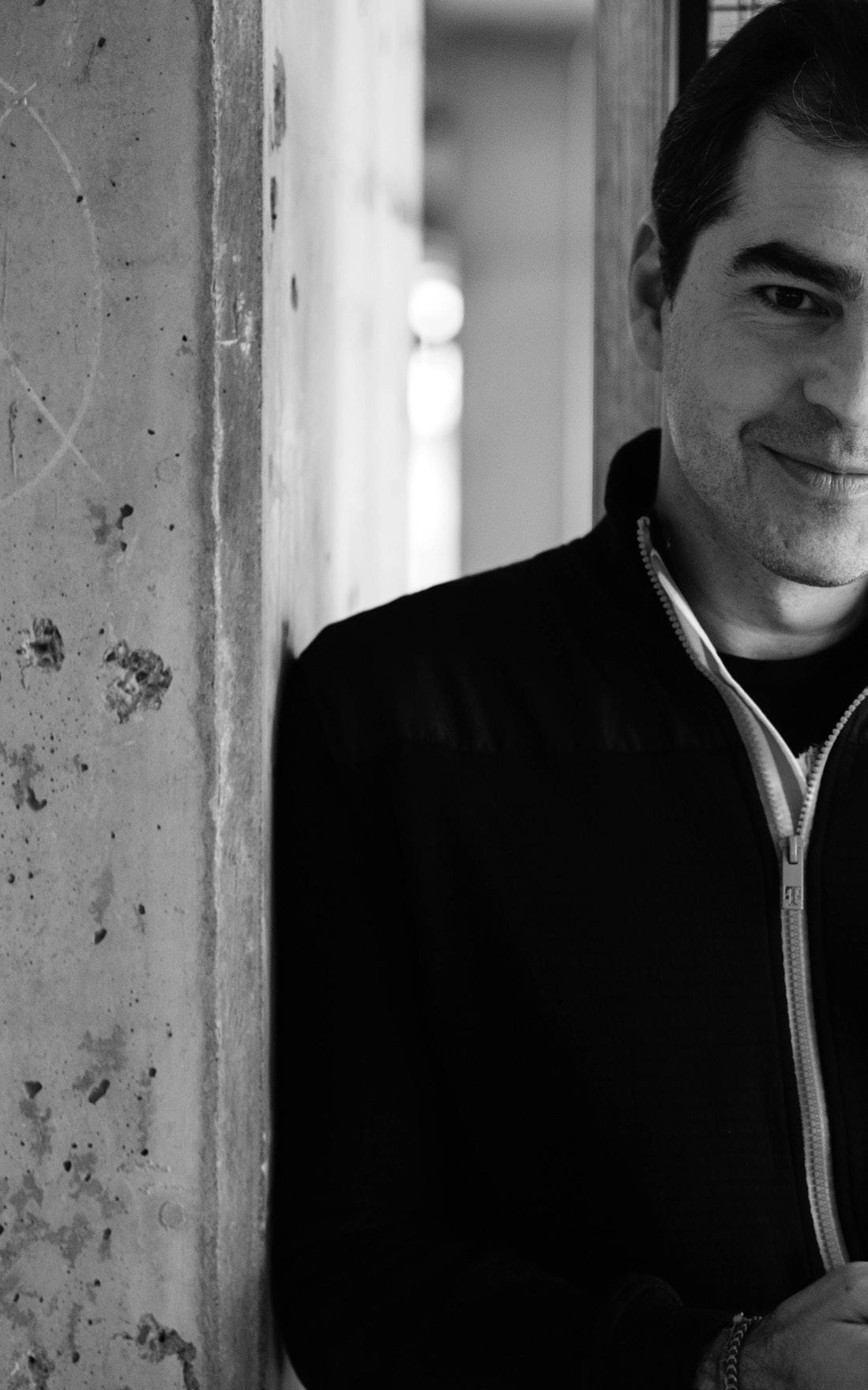
T-Mobile has achieved nothing short of becoming America’s 5G Leader, with the country’s largest, fastest and most reliable 5G network.
And, even after nearly three years of highscale merger implementation/execution and a global pandemic, the mobile giant has managed to not only retain but expand on the leading 5G service in the country.
In an exclusive interview with Max Caballero-Vieyra, Senior Vice President of Devices & Supply Chain, we learn how T-Mobile has built resilience into its consumer supply chain, tackles the unique challenges of the American market, and plans to further digital transformation in the future.


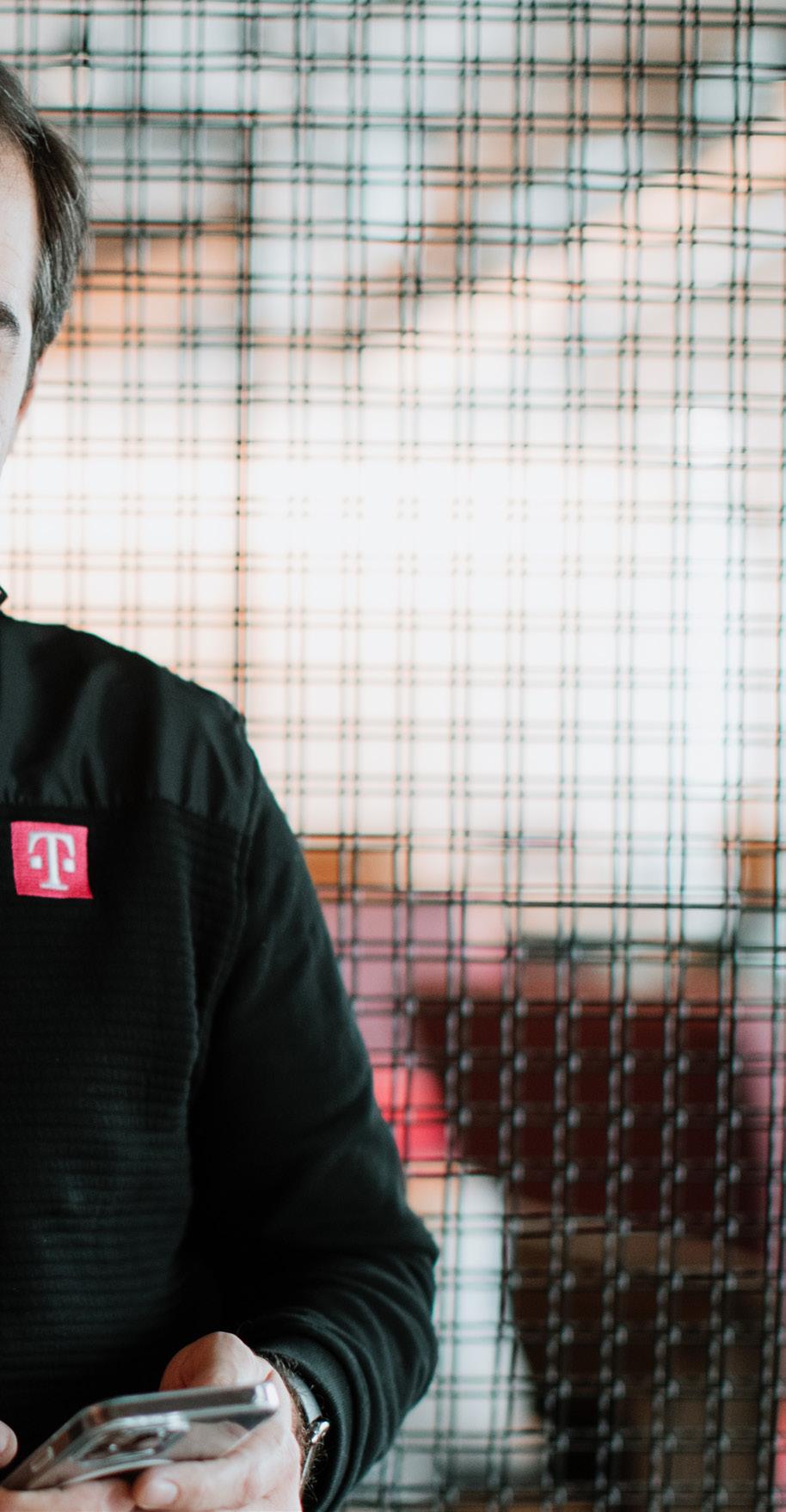
Max Caballero-Vieyra
of Devices & Supply Chain, provides exclusive insights into how supply chain transformation is asserting T-Mobile as value leader

The Apkudo Circular Industry Platform simplifies in the connected device supply chain so you can have real-time answers to device inventory, quality, and pricing questions – not only within your own organization, but across your global partner network.
Learn more
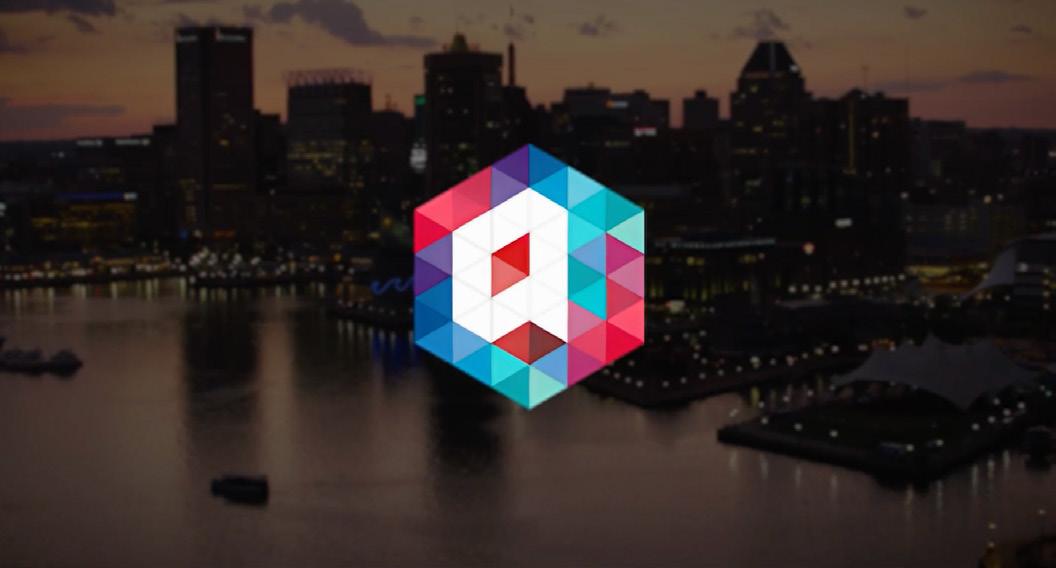

Josh Matthews and Chad Gottesman from Apkudo, share how companies can tackle supply chain complexities and benefit from the circular economy
Connected device supply chains are becoming increasingly complex as the number of products and industry participants grow. As a result, many organizations struggle with fragmented legacy systems and high labor costs yet still don’t have the transparency, security, and connectivity across the supply chain they need to maximize profits.
Apkudo helps customers tackle this complexity head on with its Circular Industry Platform, a single operating system that optimizes the lifecycle of connected devices, from launch to end of life. “No matter where a company operates within the supply chain, they’re dealing with all of this intense complexity,” says President Chad Gottesman. “Apkudo enables our customers to tackle this complexity and create new opportunities in the process.”
Apkudo’s Circular Industry Platform replaces inefficient labor and disjointed legacy systems with a purpose-built integrated solution including hardware, software, and market connections. “The Apkudo Platform ensures that items such as mobile phones, tablets, laptops, and wearables move quickly and smoothly to the highest value outcome,” continued Gottesman
T-Mobile, an early adopter of the Apkudo Platform, uses it throughout the device lifecycle. “Our platform assists T-Mobile with onboarding devices into their ecosystem, liaising with the device manufacturer, assessing each device, predicting its future issues in the field, predicting customer satisfaction, and determining the best possible value and positioning of that device after initial use,” says Josh Matthews, Co-Founder and CEO of Apkudo.
T-Mobile also benefits from the Apkudo Platform because it provides a simple and secure way to connect to their business partners that participate in the device lifecycle. “We provide the fabric that connects all of those stakeholders together and allows them to automate their business processes, gaining the best possible outcomes for the devices that move through the supply chain,” Matthews observes. “The Apkudo Platform is there for T-Mobile at every step of the way, tracking devices and ensuring they have the data to make the optimal decision every time.”
Learn more
TITLE: SENIOR VICE PRESIDENT OF DEVICES & SUPPLY CHAIN
COMPANY: T-MOBILE
INDUSTRY: TELECOMS
LOCATION: US
Max Caballero is responsible for the end-to-end life cycle of T-Mobile’s consumer-facing hardware and accessories portfolio, accountable for selecting and procuring the devices that T-Mobile carries, and the best way to get them into customers’ hands. Within his span of control are hardware and accessories supplier partnerships, to device and accessories roadmaps, procurement and pricing negotiations, over $22bn annual hardware and accessories purchases, supply chain operations and inventory management, reverse operations, as well as used device monetization.
Prior to joining T-Mobile, Max spent 4 years at Sprint, where he most recently served as the VP of Product & Supply Chain, leading all aspects of Sprint’s P&SC organisation including portfolio, procurement of device and accessories, OEM management, Forward and Reverse logistics and operations, and second life device sales. Among his most notable achievements at Sprint, Max led all commercial negotiations with products suppliers, as it relates to Sprint’s 5G strategic initiative, and successfully secured a range of 5G products to launch on Sprint’s 5G network in 2019. In addition, Max has expertly negotiated and launched multiple lucrative iconic programmes
with suppliers at Sprint, including exclusive upgrade programmes that delight customers by allowing them to access the latest and greatest devices on an annual basis.
Before joining the Sprint executive team, Max acted as Managing Director of Brightstar – Southern Europe, based in Madrid. While there, he managed the device procurement and end-to-end supply chain (including 400 Brightstarowned points of sale) of mobile operator Mas Movil (formerly Yoigo).
Prior to moving to Madrid, Max spent 8 years in London, where he held multiple roles at Brightstar, including:
> VP Mobile Distribution managing all device procurement and OEM relationships across Europe,
> VP of Strategy leading multiple acquisitions in the Distribution and Buy Back and Trade-in business as well as opening Brightstar’s first Auction House in Hong Kong that served as a key sales channel in the rapidly growing business of returned devices.
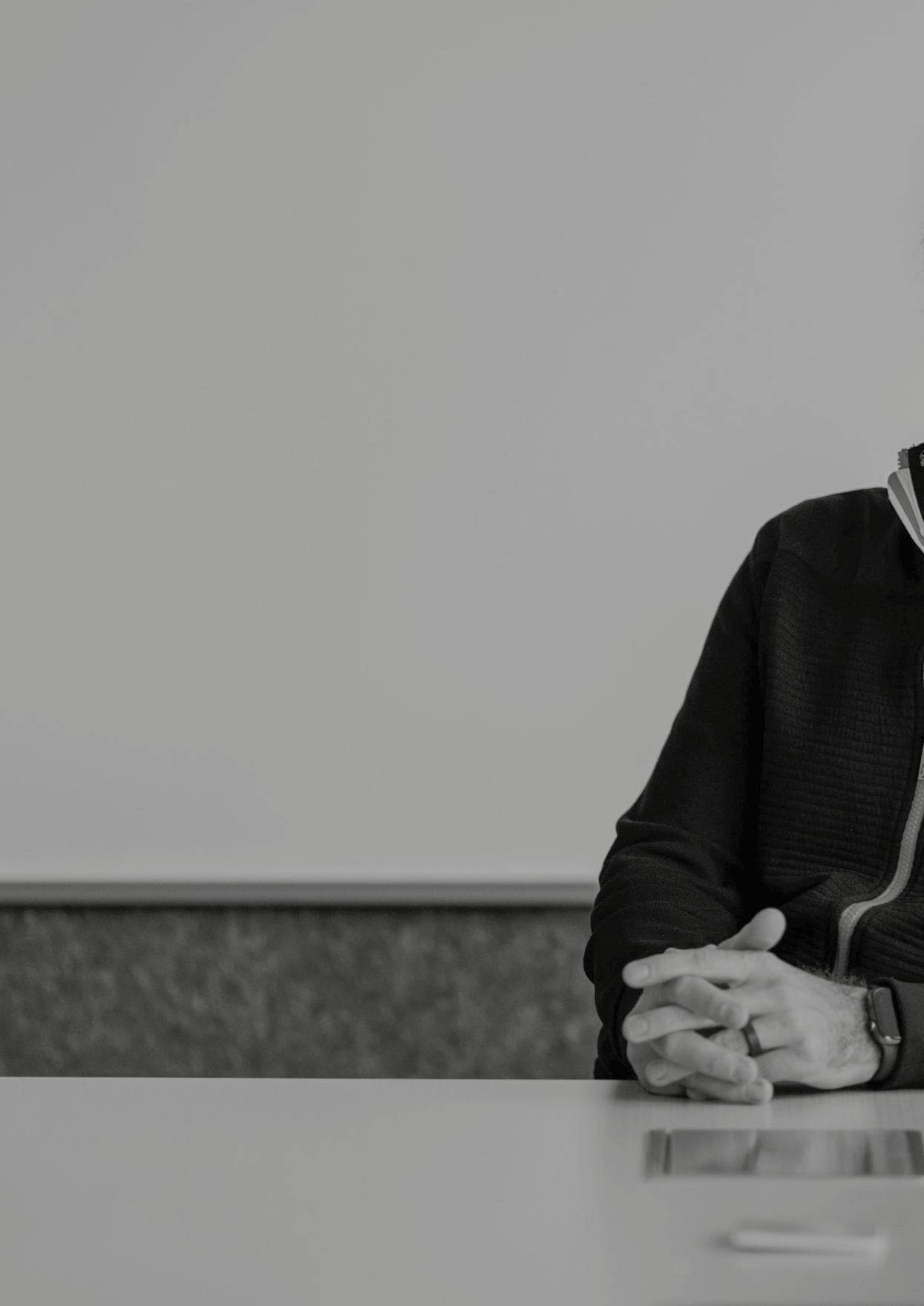
Max holds a degree in Business Economics from Universidad Di Tella (Argentina), a Master’s degree in Distribution and Supply Chain from Texas A&M, and multiple executive coaching programmes at Ashridge Business School (Hult) in London.
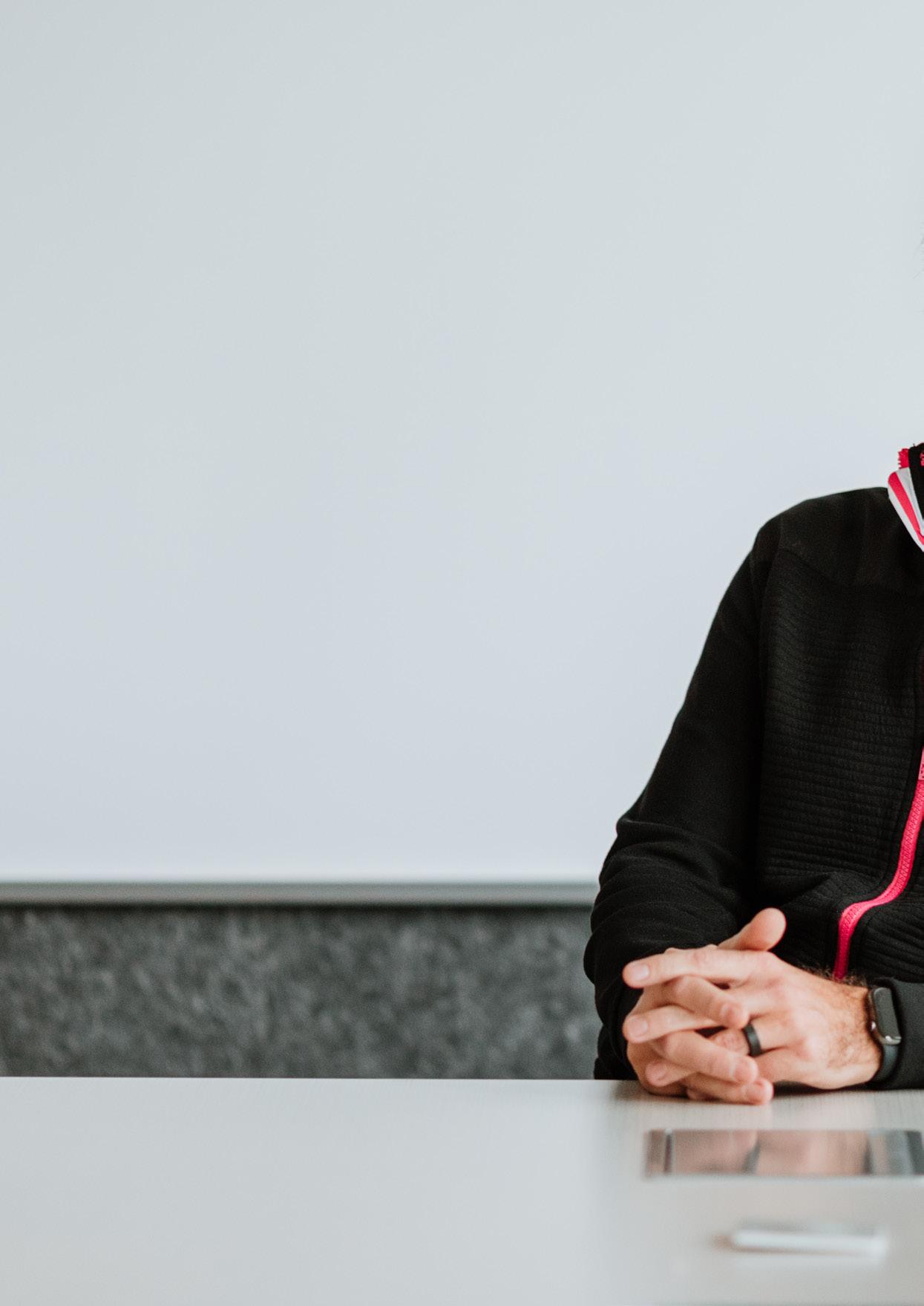

The supply chain sphere is competitive, particularly within the telecom industry. In addition, a variety of obstacles over the past few years have added new complexities and introduced new risks. Competition, risk management, optimising efficiencies while maintaining an unwavering focus on innovation are the main pillars on which the Supply Chain of the future will stand.
This presents a unique challenge for leaders. Strong leadership is key, but leaders also need to understand customers’ needs in-depth and have a clear vision for the future while creating the right strategic partnerships to enable success today.
Caballero-Vieyra is responsible for managing T-Mobile’s complete portfolio of devices – including smartphones, tablets, watches, and routers – as well as the portfolio design, strategic supplier relationships, terms and pricing negotiation with partners, and the selection process across multiple channels.


“It involves everything that has to do with the operations, whether it's for sourcing, logistics, reverse logistics, or inventory management,” Caballero-Vieyra explains. “We manage thousands of retail doors, big web and telesales avenues, so we fulfil every single channel T-Mobile operates.”
The complexities of T-Mobile's consumer supply chain come from managing a large network of partners as well as thousands of retail locations. Alongside this, T-Mobile is working to ensure that it can supply the full spectrum of devices customers want at the right time and at the right place, while offering our best possible value.
“Our planning and execution are frequently impacted by changes in promotions, particularly around devices.

Motorola and T-Mobile have been doing business for a long time. However in 2020, that partnership was taken to the next level as they both started to trust each other and plan for the long term. That trust has paid massive dividends for both companies
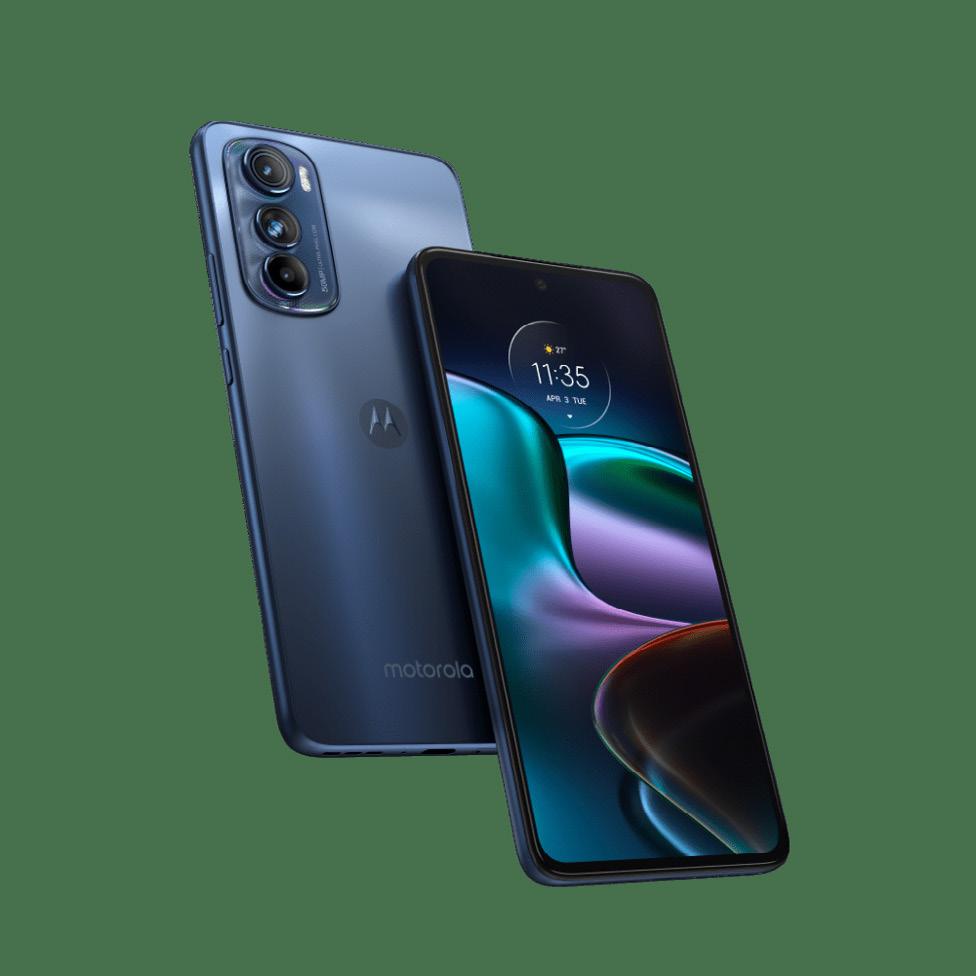
Motorola rekindled a selling relationship with T-Mobile in 2017, and in 2020 that partnership took the next leap. During the pandemic and times of supply uncertainty, T-Mobile trusted Motorola to deliver on their device needs and extended their forecasts to give Motorola the visibility to procure the right parts – despite extended lead times and delivery dates more than six months in the future.
T-Mobile provided Motorola with enough certainty that they would take product orders and clearly communicated their needs for a longer period, so that the duo could collaboratively plan to create combined success.

The trust that was developed and ongoing relationship that has blossomed since the supply shortages of 2020 have led to other partnerships between the companies.
As a trusted innovation partner, Motorola was the first supplier to launch a device that delivers power class 1.5 on T-Mobile’s network with its motorola edge2022. PC 1.5 brings faster, more powerful 5G to more people, helping T-Mobile live up to its claim of more bars in more places!
The partnership doesn’t stop there - T-Mobile and Motorola are working diligently to bring even more products and innovations to North American consumers, including innovative form factors, differentiated color options and enhanced communication ecosystems. Learn more


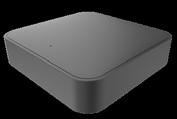
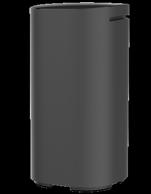
Sercomm connects people to what they love! Network operators across the world rely on Sercomm to deliver reliable, differentiated services to enhance customers’ lives. Check out Sercomm for a full portfolio of smart home, business connectivity, and entertainment solutions.
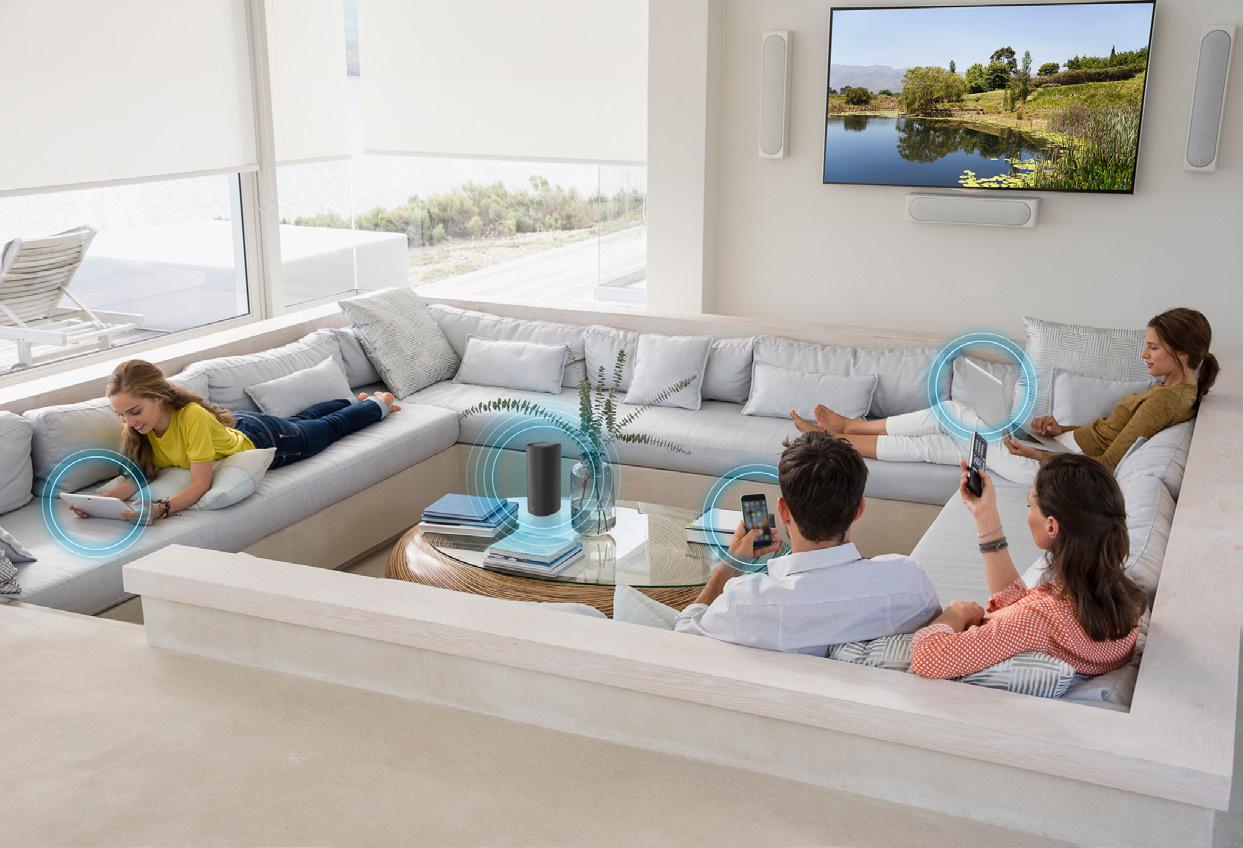
And the complexity comes in managing all that demand of products – different price points, different customer needs –and ensuring that we can always have the products that our customers need, where they need them,” Caballero-Vieyra explains.
Anticipating changes in supply and demand that result from promotional fluctuations is a unique skill not often seen in supply chain leaders, yet CaballeroVieyra and his team not only do this, but go further.
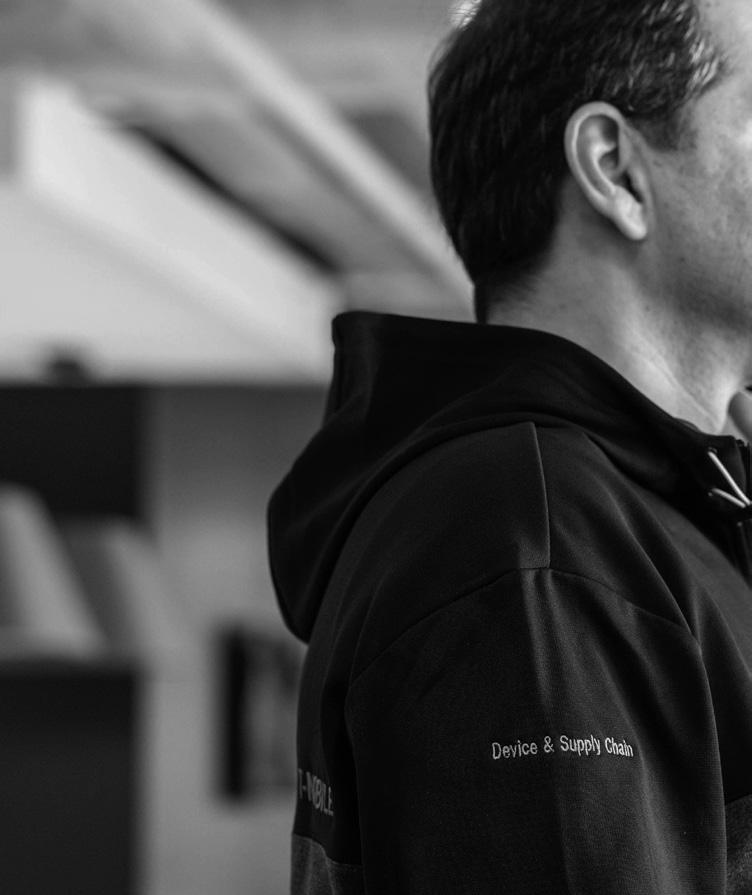
“We deliver world-class quality of service by understanding our customers and offering optionality – whether it's in products or price points – while making sure that we can always fulfil their product needs consistently and as fast as possible – whatever interaction they have with T-Mobile, whether that’s in a retail store, on the web, on the phone, or in an app.”
In such a dynamic and global role, it’s highly telling that Caballero-Vieyra’s proudest achievement comes from the way that T-Mobile navigated the COVID-19 crisis.
“The US market is very, very big. Between 2020 and 2021, I was managing the merger of T-Mobile and Sprint – integrating processes and consolidating infrastructure – while the world was going through a pandemic,” Caballero-Vieyra explains.
“Being able to succeed and keep the business stable in an unprecedented environment, while navigating the volatility in the system for at least a year, was extremely challenging. That was, without a doubt, the most demanding job I've ever had.”
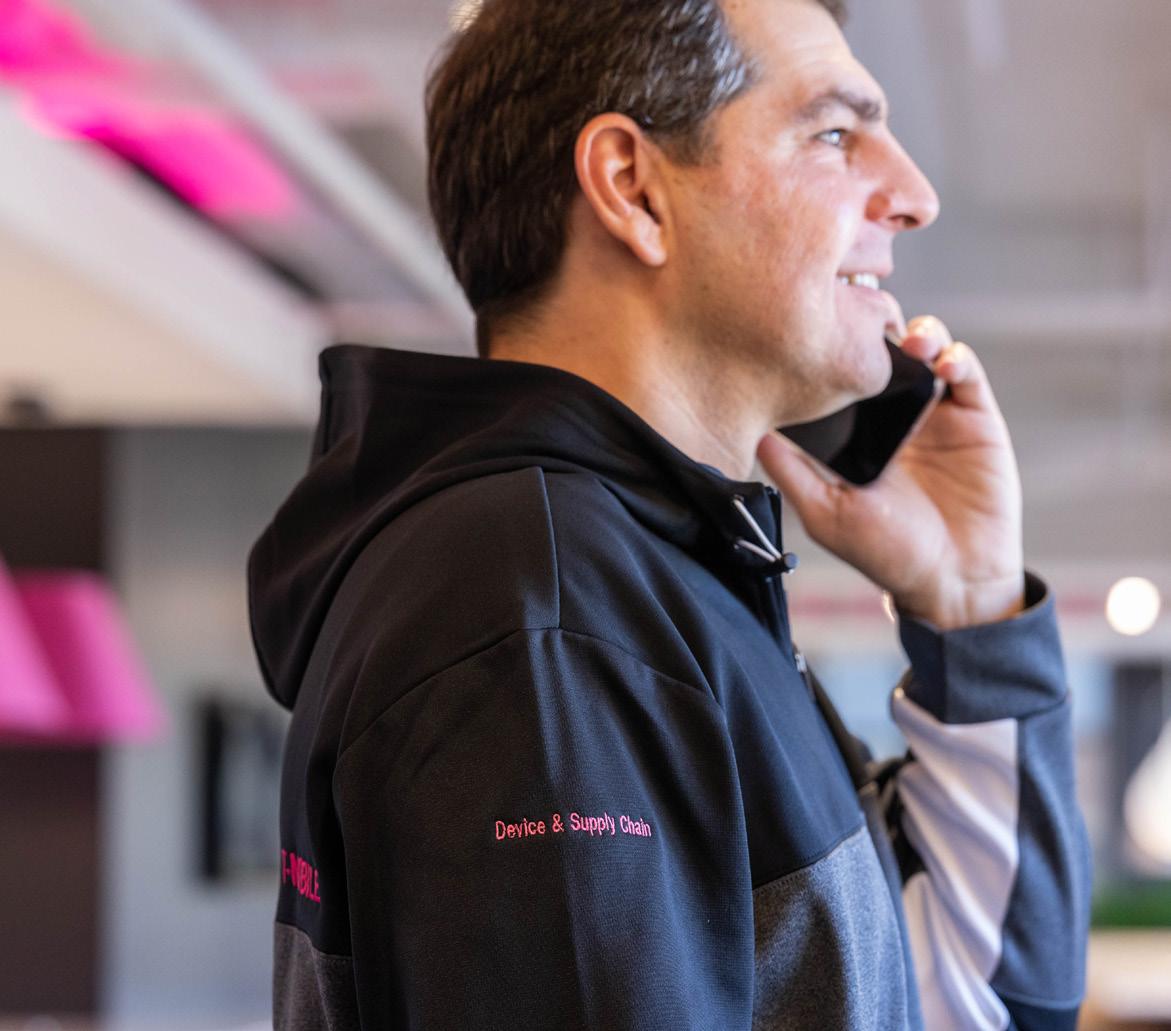
“We deliver world-class quality service by ensuring that we are tuned into our customers’ needs, and offering them optionality”
MAX CABALLERO-VIEYRA, SVP OF DEVICES & SUPPLY CHAIN, T-MOBILE


So, from a supply chain management perspective, how are the lessons learned being implemented now, in a consistently volatile, almost-post-pandemic world?

“At the end of the day, supply chain is a game of certainty, and you need that certainty to operate. When you are getting hit by an event like the pandemic, the certainty that’s essential to operate isn’t there,” Caballero-Vieyra outlines.
“Then you start thinking: if we're not going to be receiving the products when we expect them, what do we need to do in terms of safety stock to be able to mitigate those risks? So we started leveraging our network of supplier relationships to find alternative supply sources and protect our value proposition. That gives you options to begin making decisions, or start adjusting what you were thinking originally, based on the new information coming in day-to-day.”
Caballero-Vieyra explains how one of the critical lessons learned from this situation was the need to constantly rethink diversifying to avoid risk.
“Supplier diversity becomes crucial in minimising those unexpected events. So we implemented that across every step of the process – from the moment we are designing a portfolio of products, we start thinking, ‘What would happen if we go through a repeat of 2020 and 2021?’.
“When you go through a shock to the system like the pandemic, it brings supplier partnerships and risk management to the forefront of your thinking.”
According to Caballero-Vieyra, the main way T-Mobile differentiates from its competitors is by offering America’s leading 5G network.
“We have always been a value leader: we have fantastic prices, and the best value for those prices. And now, we also have an incredible network to match our incredible value.
“We offer amazing content to our customers and, with respect to devices or accessories, we give them tons of options. We also ensure that we design a portfolio
At the end of 2022, T-Mobile serviced a network of over 113.6mn CUSTOMERS
As the world’s largest supplier of smartphone chipsets, we’ve empowered US customers with connected devices. We’re excited to continue working with T-Mobile to create the best 5G products today, and on into the 6G era.
Dr. JC Hsu Corporate Vice President and General Manager of Wireless Communications Business Unit at MediaTek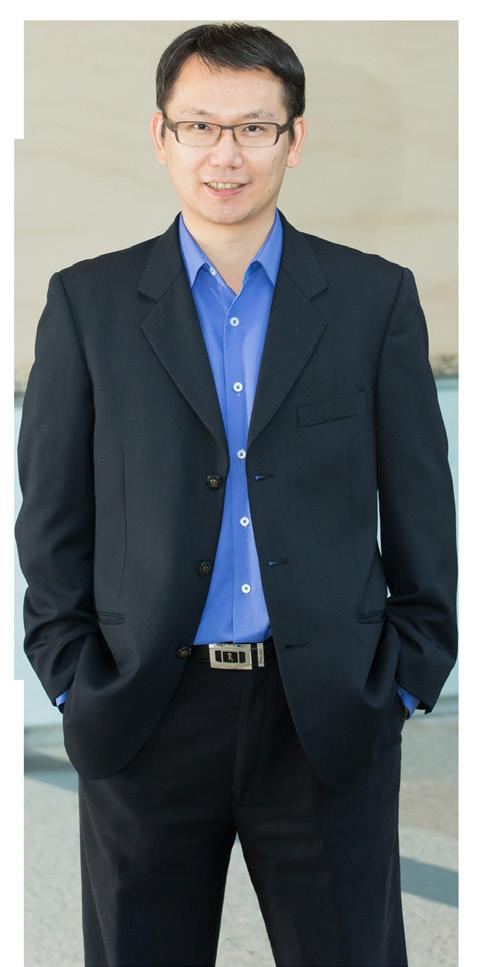
Learn more
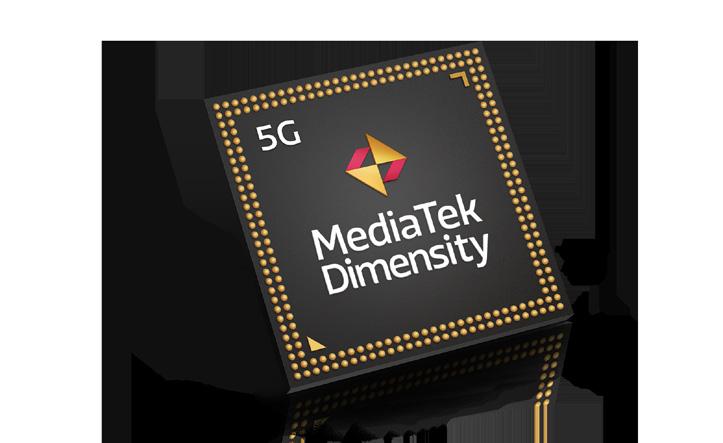
of products that covers the wide range of our customers' needs – all the colour variants, all the memory variants, and all the price points.”
Interestingly, one of the most significant complexities of T-Mobile's consumer supply chain comes from the promotion-led approach of the American mobile market, which significantly differs from other mobile markets across the globe.
“Here in the US, we operate in a very promotional market. Those promotions change and, as they do, demand for certain devices and accessories moves up and down. The complexity lies in managing the network of suppliers we have around these promotions, feeding our distribution centre with the right amount of inventory so we can meet consumers' needs while keeping an optimal inventory level across thousands of points of sale,” Caballero-Vieyra explains.
“We're talking about hundreds of products, thousands of points of sale, and a very large number of partners. And managing all that complexity in an efficient way is extremely challenging.” It certainly sounds like it.
In the mobile industry, building a supply chain that’s flexible enough to successfully support these complex technologies and their rapid evolution is no mean feat.
So, how does T-Mobile manage the evolving demands of the customer landscape with an ever-expanding range of mobile devices?
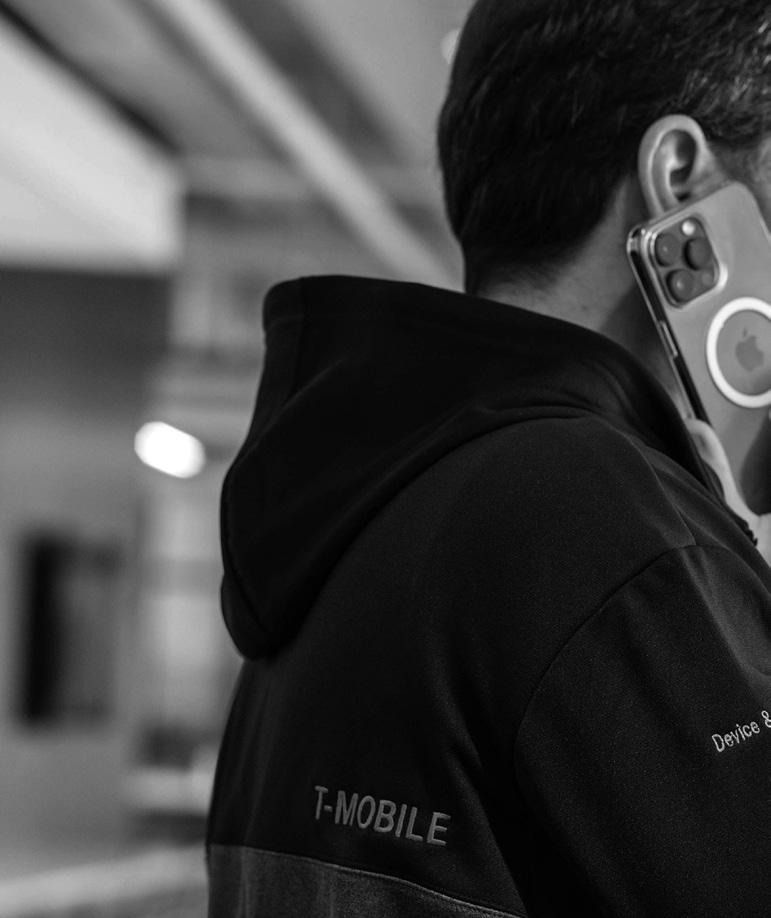
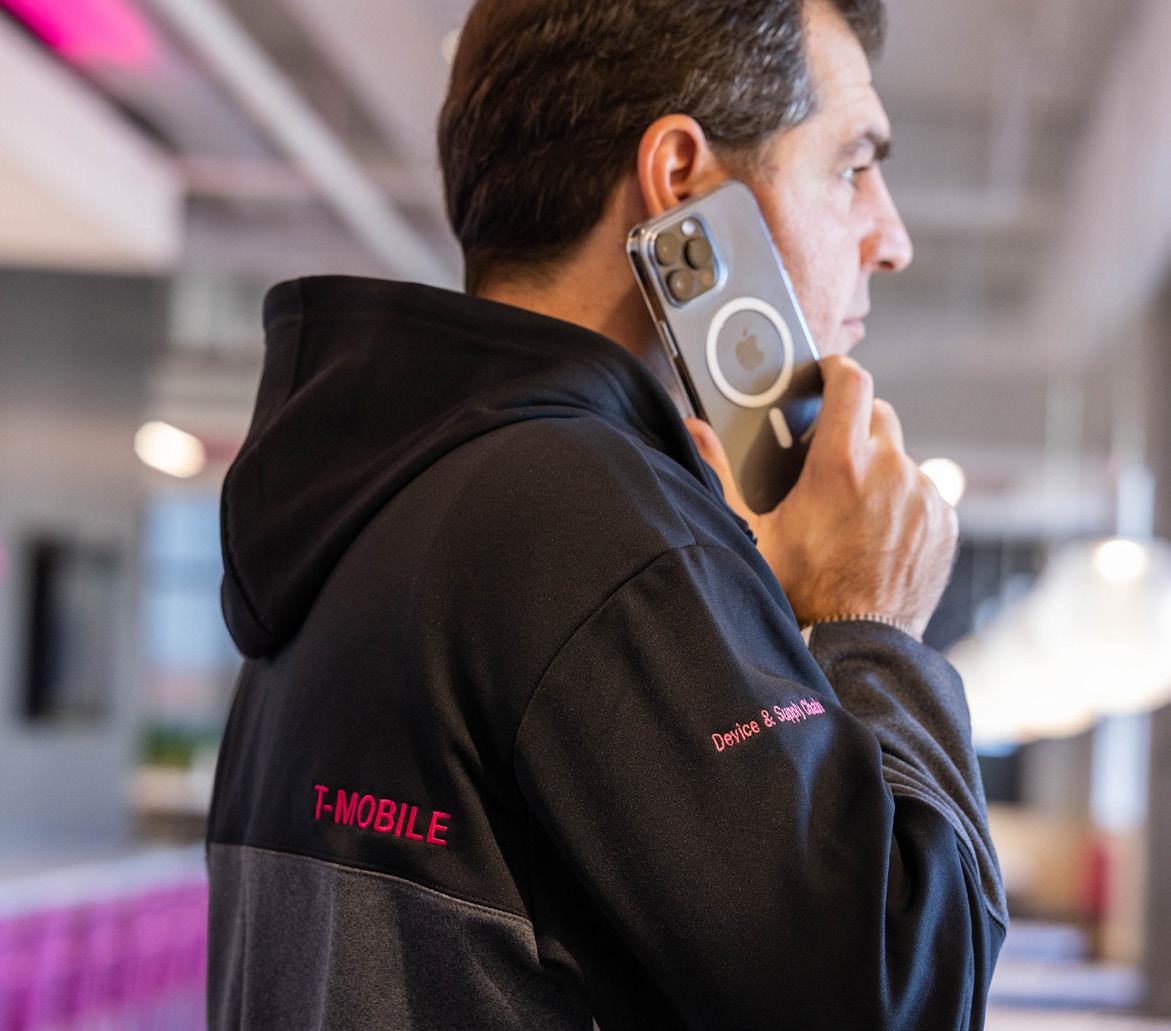
MAX CABALLERO-VIEYRA, SVP OF DEVICES & SUPPLY CHAIN, T-MOBILE
“We are a value leader –we have amazing prices and incredible ßvalue for those prices”

World Leading Home Network Solution Provider
5G Indoor/Outdoor Solution
Wi-Fi Home Mesh Solution
Next-Gen Broadband Gateway
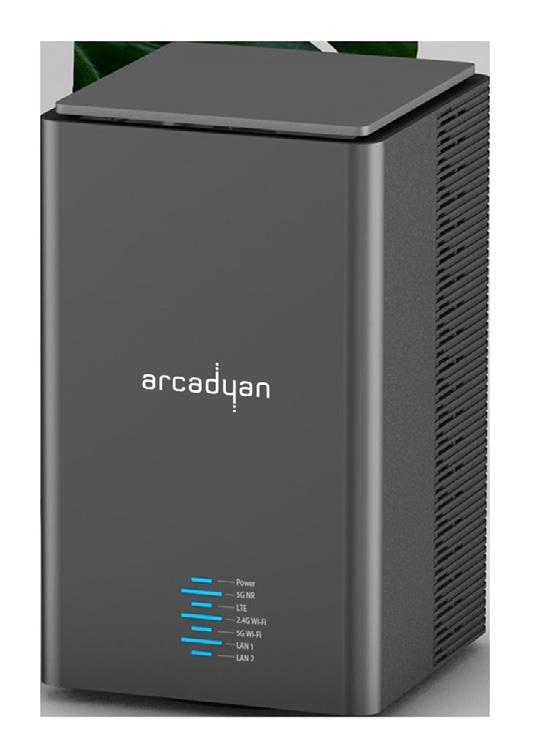
“We need to give customers what they want. So, we design a portfolio of products, ecosystems, and experiences that fit every price point, every consumer lifestyle, and every segment of the market,” says Caballero-Vieyra.
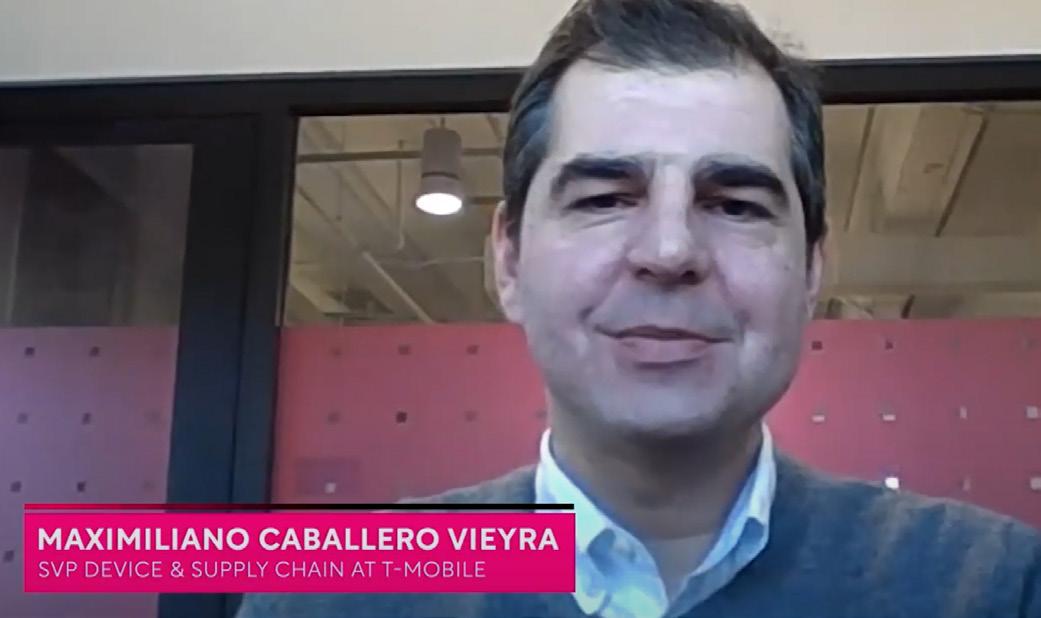
“Sometimes, businesses require different products than consumers. So we need to think broadly and try to make it so that we always have a path to every customer, that we always have the product that best fits their needs and their desires.”
For T-Mobile, telco innovation and supply chain development are focused on retaining its position as the industry value and network leader.
“If you look at what we've been doing for the past couple of years, we've been consistently a leader in the market, in terms of giving consumers the best value
for money. We've been the value leader,” Caballero-Vieyra asserts with pride.
“And now, it’s probably the first time in the history of telecoms that any wireless company is striving to be the value leader and the product leader at the same time. Our 5G network has been ranked number one by many network experts, and they always rank our 5G performance very highly, whether it's in coverage, speed, reliability or all three.”

T-Mobile is also working closely with its strategic partners to anticipate industry trends ahead of the competition – a core element of remaining ahead of the pack.
“There's a lot of innovation coming, whether it's on the hardware design or the OS. The OS has been playing an increasingly important role in the experience customers have with their devices and related
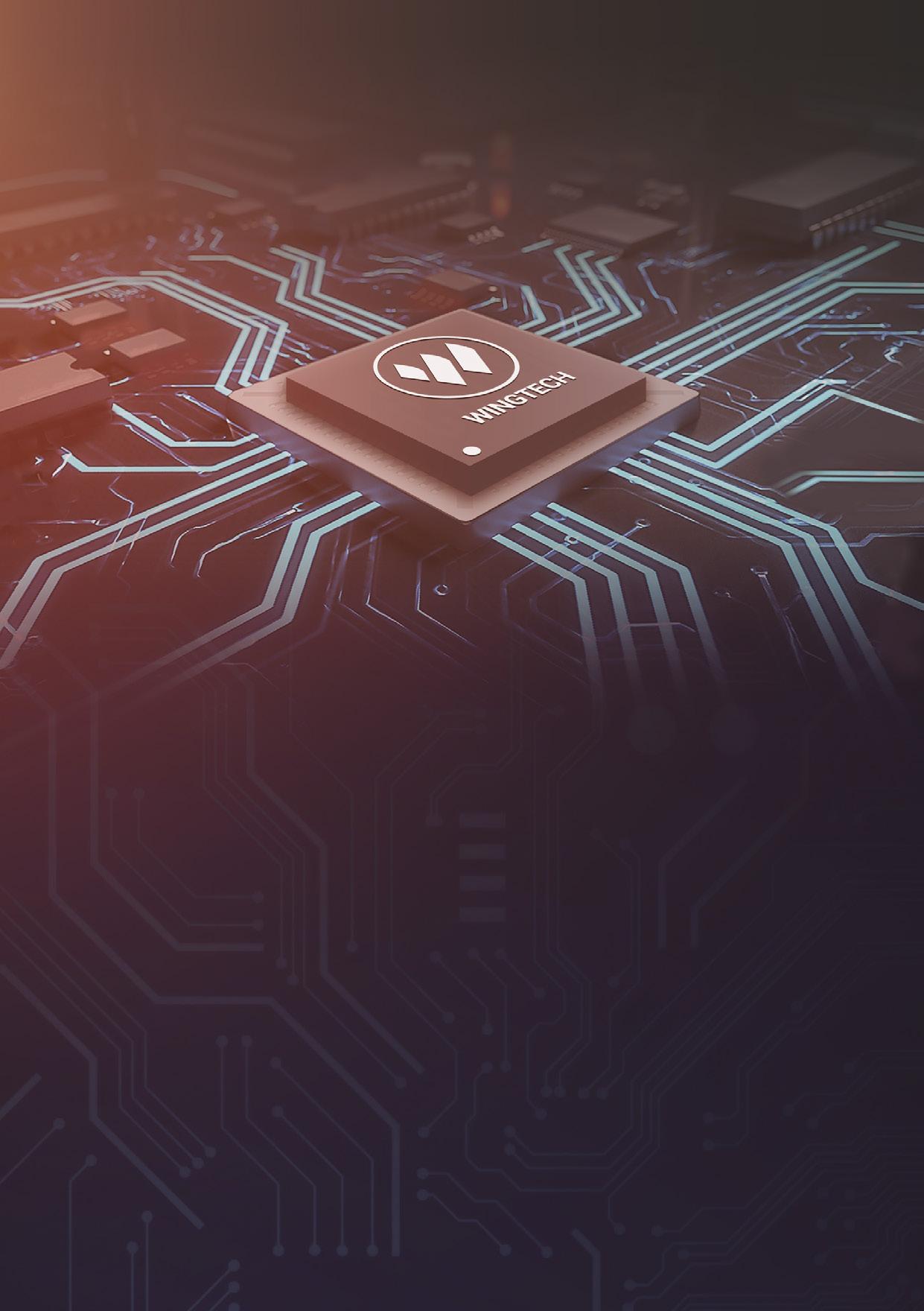
On July 28, 2022, T‑Mobile released their new flagship 5G mobile phones: REVVL 6 and REVVL 6 Pro which were developed and manufactured by Wingtech Technology. In addition to launching in the U.S. and collaborating with DT, the T Phone and T Phone Pro was also launched in 10 European countries. This joint collaboration between T Mobile and Wingtech Technology offers T Mobile and DT customers outstanding smartphones at a more affordable price point.
Contact us
products, because it's not just about the device anymore – it's about the entire experience. So, we're thinking about all those experiences and understanding how we can better present those to consumers on our website or in our retail locations.”
One of the key aims that T-Mobile is prioritising is continually improving the online experience for its customers.

“A lot of customers are used to buying online, particularly post-pandemic. When they make a purchase, online customers want transparency on when a product is going to be delivered,” Caballero-Vieyra says. “This is about modernising the system so that we can ensure customers have full transparency and certainty around when they’ll receive their order.”
To this end, T-Mobile’s partners are proving instrumental in enabling digital
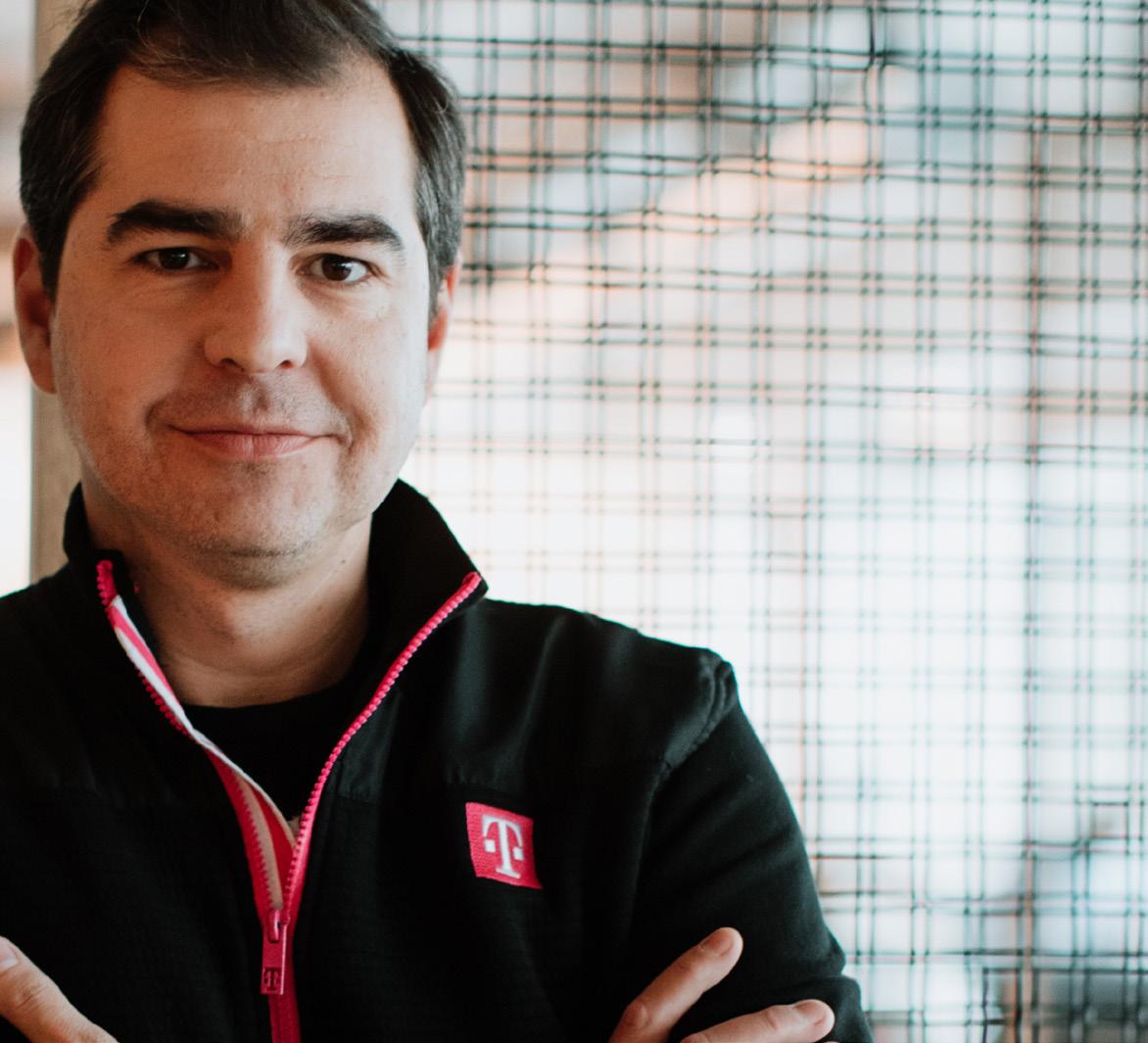
transformation and improving overall customer experience.
“We're working with multiple partners. Starting with our logistics and transportation partners, we are working to implement robust systems to ensure we can fulfil products as quickly and transparently as possible.
“We're also working on developments that will enhance everything about the postpurchase notification process, making sure we can inform customers when to expect the product.”
Caballero-Vieyra explains how, within the next couple of years, T-Mobile is anticipating a shift towards an omnichannel purchasing
MAX CABALLERO-VIEYRA, SVP OF DEVICES & SUPPLY CHAIN, T-MOBILE“All things considered, supply chain is a game of certainty and you need that certainty to operate”
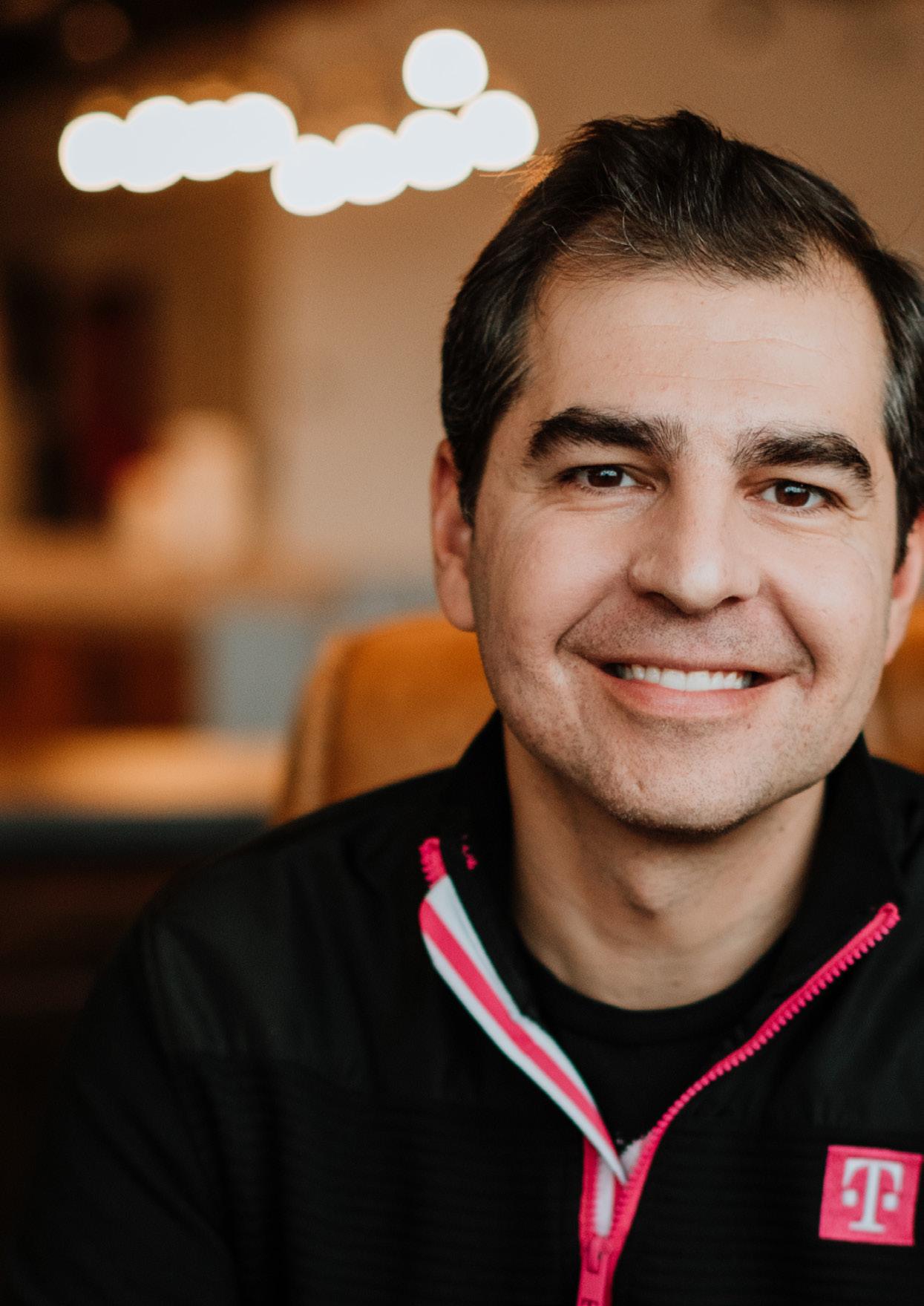
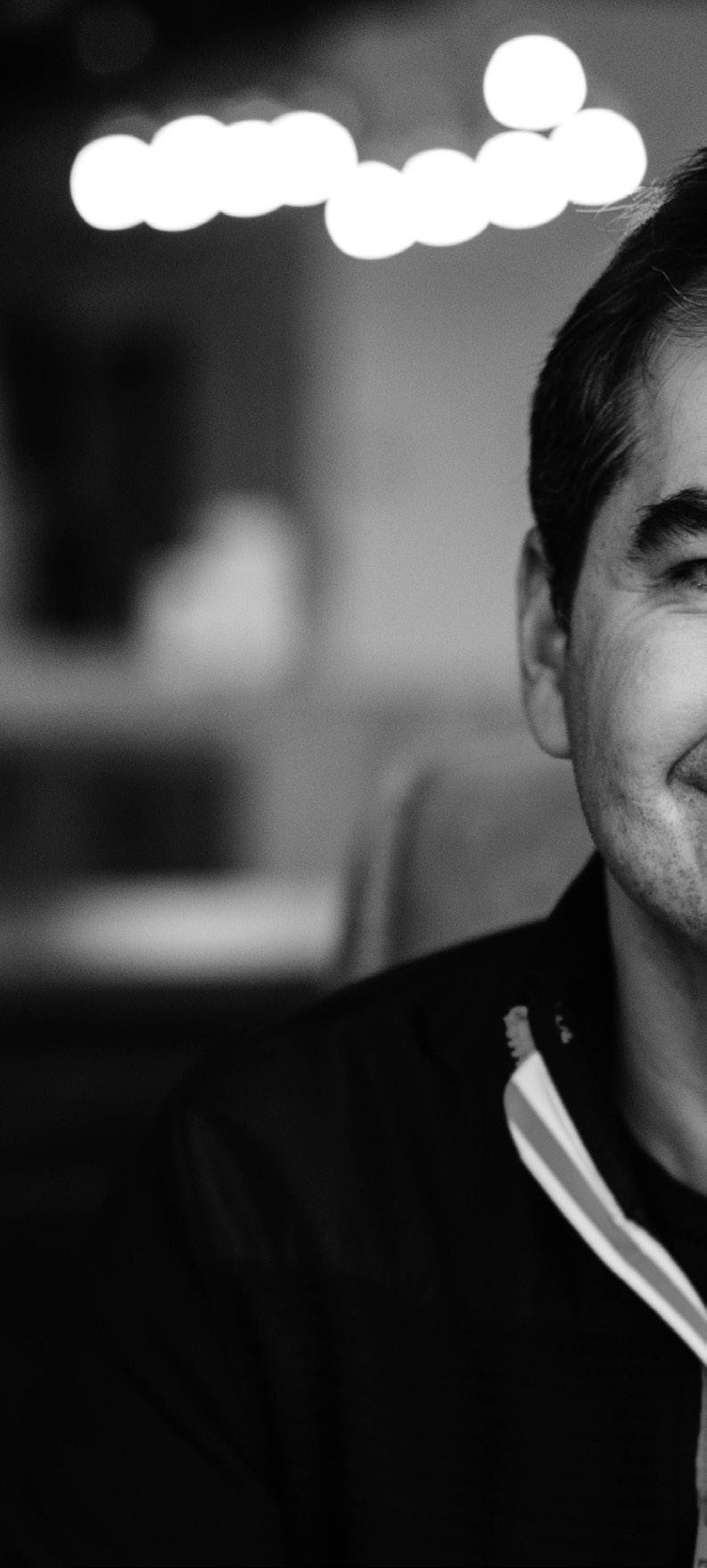 MAX
MAX
CABALLERO-VIEYRA,SVP OF DEVICES & SUPPLY CHAIN, T-MOBILE
“We're talking about hundreds of products, thousands of points of sale, and a very large number of partners. And managing all that complexity in an efficient way is extremely hard”
approach. “Of course, while everybody started buying online during the pandemic, our customers want to see, feel, and touch these devices or accessories, and talk to a person about their best plan options.
“But I think digital channels will continue to grow, and customers will increasingly interact with us online and through our app,” Caballero-Vieyra predicts.
Caballero-Vieyra states that, “from a supply chain perspective”, T-Mobile then needs to “ensure that our online and app experiences are second to none.”

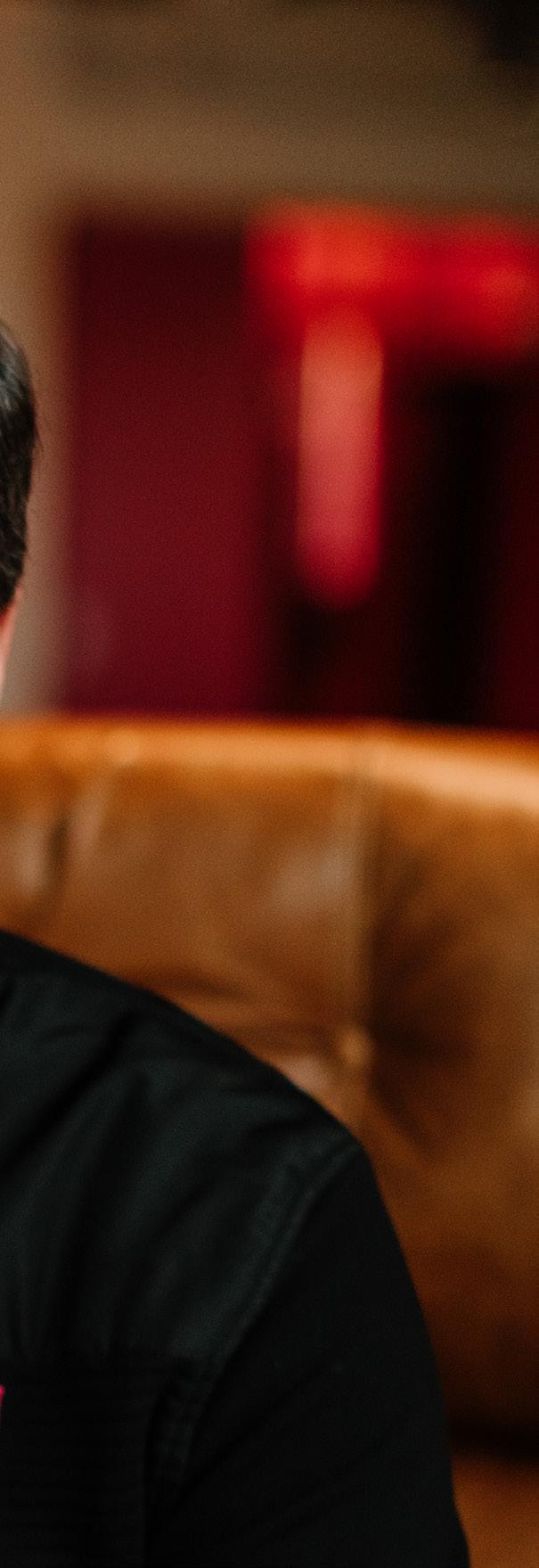
“For example, when a customer places an order, we fulfil that order reliably, the product gets delivered reliably and on time. And, through the entire process of buying to receiving, customers know where that product is, ensuring transparency end-to-end.”
Continued innovation is, for CaballeroVieyra, a core part of retaining T-Mobile’s industry leadership: “The companies that find and spend the resources to invest in new ways of creating value for consumers are typically the companies that end up winning. Prioritising innovation today is the key to unlocking tomorrow’s growth, so we can’t lose sight of that.”
“It’s not about being just another player in the industry. Typically, the ones that you're going to see flourishing are those partners who are bringing a new perspective, a new experience, something new consumers need (even though they sometimes didn't expect it).”
As firm proponents of industry disruption, we couldn’t agree with that sentiment more.
POWERED BY:


